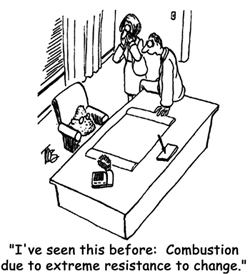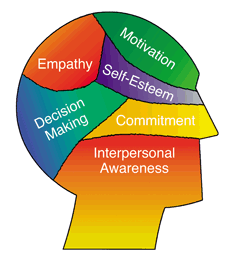Recently, HR Daily featured an article on workplace harassment where claimant Christina Rich received an undisclosed multi-million dollar settlement from Pricewaterhouse Coopers. This was as a result of sexual harassment and victimisation in PwC’s ‘boys club’ environment.
I myself have heard my fair share of poor behaviour in the workplace, from my own experiences to those of friends, colleagues and family members. When I was younger and working at a supermarket I had a manager who used to throw things, yell and swear at staff. When we approached the Store Manager she said that we should be understanding because that’s the way his manager treated him and he didn’t know any better.
Whilst working at another retail store, some team members were involved in an altercation with my brother that resulted in him being hospitalised, a fractured eye socket and having a metal plate put in his face. When I requested not to work with the alleged person as the case was going to court, I was told to get over it by the Store Manager and staff in Head Office. More recently, a friend was told by her employer that they could not afford to pay her anymore due to the GFC. She is currently being underpaid quite a few dollars per hour according to the award wage.

Perhaps these experiences are what led me to work in HR. To look after people, but also to make things more effective.
If we think about cultural change in an organisation, it relates back to what I was talking about yesterday- it starts with changing the way an individual thinks. Now we’ve established that this is a difficult task and one which comes down to the old story about leading a horse to water. Sometimes you get to the point where you’d rather drown the horse than trying to get it to drink water!
Then this morning I came across the Change Blog and felt a little inspired reading a few of the articles. I’m hoping it might give me a few ideas and encourage others along to make personal change.
Here is an excerpt from the blog if you are interested:
Can we change? Yes we can.
Hi, my name is Peter and welcome to my corner of cyberspace.
I started blogging in 2007 to share my personal story of change. To cut a long story short, I know what it is like to be depressed and drifting through life without purpose. My wake up call came in 2006 when I received the unexpected news I was to be a father. This news was the catalyst for me getting my life in order, and these days I am happy to report that life is great.
He doesn’t profess to know all the answers, but it is refreshing to hear someone speak of their personal experiences and he has some pretty good guest posts as well. He talks about why self-awareness is so important to personal growth, health and fitness, career and life- so it’s a holistic approach. If you have some spare time, check it out or subscribe to the RSS feed.





